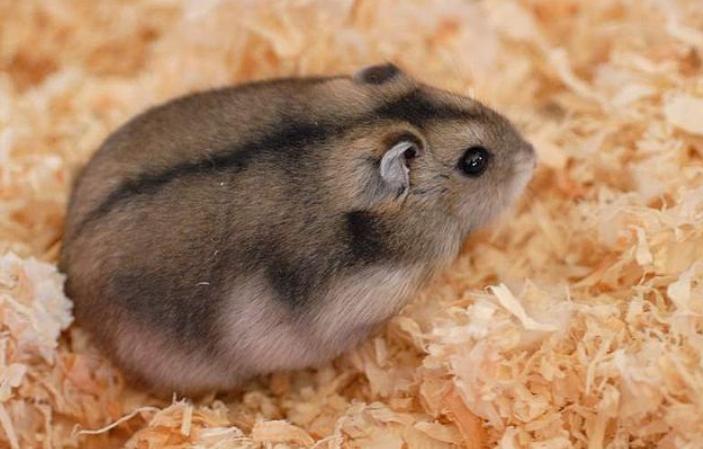What is Hamster?

A hamster is a small, burrowing rodent commonly known for their adorable appearance, playful behavior and popularity as household pets. Hamsters have a compact body with short legs and a short, stubby tail. They have prominent cheek pouches on each side of their face that they use to store and carry food.
Hamsters are nocturnal creatures with expandable cheek pouches. They use these pouches to carry food, seeds, and other small items to their nests. Hamsters can carry items that are almost as large as their heads in their cheek pouches.
Hamsters are generally solitary and primarily nocturnal, although they are sometimes active in the early morning or late evening. They do not climb but are excellent diggers, constructing burrows with one or more entrances and with galleries that are connected to chambers for nesting, food storage, and other activities.
Hamsters are omnivores and require a diet that includes a mix of grains, fruits, vegetables, and occasional protein sources. Breeding season is from April to October, with two to five litters of 1 to 13 young being born after a gestation period of 13 to 22 days.
What is Hampster?
The term “Hampster” is a common misspelling or typographical error for the word “hamster.” The typo occurs frequently due to the layout of some typing keyboard. Other than QWERTY keyboard layout, some other keyboard layouts place the ‘m’ and ‘p’ keys right next to each other, increasing the likelihood of accidental keystrokes. As a result, “hamster” is often mistakenly typed as “hampster.”
While “hampster” is not the correct spelling, it has gained recognition as a playful and humorous term, particularly in online communication. People may use it deliberately in casual contexts, such as social media, text messages, or online forums, to create a lighthearted or ironic effect. In these cases, it’s used for comedic purposes, much like other common internet misspellings or memes.
The extent to which people use “Hampster” incorrectly can vary based on factors such as language proficiency, typing skills, familiarity with the correct spelling, and context.
Accents also shape the way individuals pronounce words and construct sentences. They can lead to variations in the phonetic representation of words, which can in turn influence how words are spelled, especially in written communication. Accents can contribute to typos like “Hampster” when the pronunciation of the word “hamster” might sound closer to “hampster” due to certain accent-related phonetic shifts.
Accents can also lead to variations in vowel sounds. Some accents may slightly modify the vowel sound in “hamster,” making it sound closer to “hampster.” For instance, certain accents might make the “a” sound more like an “ah” sound, blurring the distinction between the two vowels.
Hamster vs Hampster
| Basis of Comparison | Hamster | Hampster |
| Spelling | “Hamster” is the correct spelling of a small rodent’s name. | “Hampster” is a typographical error where the letter ‘p’ is wrongly inserted. |
| Meaning | “Hamster” refers to a small, burrowing rodent often kept as a pet. | “Hampster” is a misspelled version with no specific meaning. |
| Pronunciation | “Hamster” is pronounced as “HAM-stur.” | With “Hampster” the incorrect spelling might affect pronunciation, as the ‘p’ disrupts the natural flow. |
| Usage | The word “Hamster” can feature anywhere be it in formal or informal writing. | The word “Hampster” is often deliberately used in casual contexts like social media, text messages or online forums. |
| Online Searches | Likely to yield relevant search results. | Online searches for ‘’Hampster’’ might lead to irrelevant or confusing results. |
| Academics | Easily recognized in academic contexts. | The typo wouldn’t be recognized in academic contexts. |